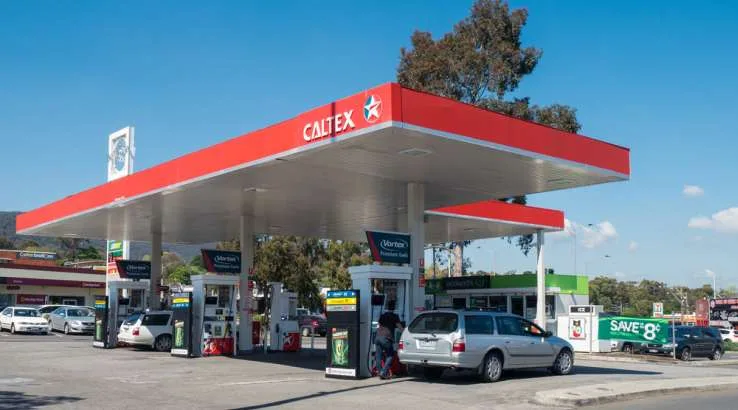Caltex/Milemaker decision shows why petrol prices are tricky


More competition should bring cheaper prices, but theory doesn't always match reality.
So this morning, the Australian Competition and Consumer Commission (ACCC) announced that it was not opposing plans by Caltex to acquire the Milemaker service station chain in Victoria. If your first thought on learning that was "I've never seen a petrol station called Milemaker", don't panic. Milemaker is actually an independent franchisee of Caltex, so its stations are still branded as Caltex. Selling those 46 stations won't make them look any different to customers, but it could lead to a price rise.
The ACCC spends a lot of its time investigating petrol pricing. One of its major concerns is that if there are fewer competitors in the petrol market, prices are likely to be higher. That's one of the reasons why it takes a long time to investigate petrol-related deals like Woolworths selling its service stations to BP. Yet despite those concerns, the Milemaker buyout has been approved. What gives?
"Milemaker has a competitive pricing strategy," ACCC chairman Rod Sims noted in a statement announcing the approval. "As a result, motorists that shop around can find cheaper fuel. This pushes other retailers to lower prices to remain competitive. We know from our ACCC petrol reports and market studies that prices are cheaper for drivers where there are vigorous competitors like Milemaker in the market."
"While the ACCC concluded that Milemaker contributes to downwards pressure on fuel prices in Melbourne there are also several other vigorous competitors with more Melbourne sites than Milemaker. We believe the presence of these retailers should limit this loss of competition and maintain competitive pressure. This was a difficult decision, as competition will be reduced. However, the small size of Milemaker and limited direct competitive overlap with Caltex led the ACCC to conclude that the effect on competition is not likely to be substantial."
While that all makes sense, there's also a commercial reality. If Caltex didn't buy the Milemaker stations, there's always a chance they might shut down, which would not be a happy outcome for anyone. That's often a constraint on these kinds of decisions: for instance, the ACCC allowed Virgin Australia to buy Tigerair Australia, even though that concentrated ownership of airlines, because the likely alternative is that Tigerair would have closed altogether.
Angus Kidman's Findings column looks at new developments and research that help you save money, make wise decisions and enjoy your life more. It appears Monday through Friday on finder.com.au.
Latest news headlines
- HECS-HELP hell: Your uni debt could jump by $900+ by July
- Ordinals and runes – the new crypto craze?
- Earn up to $1,297 by investing some of your savings | Dollar Saver tip #79
- Why are there millions of dodgy cars on Australian roads?
- Shady shoppers: Petty crime escalates as Australians hit hard by cost of living crisis
Picture: Nils Versemann/Shutterstock

